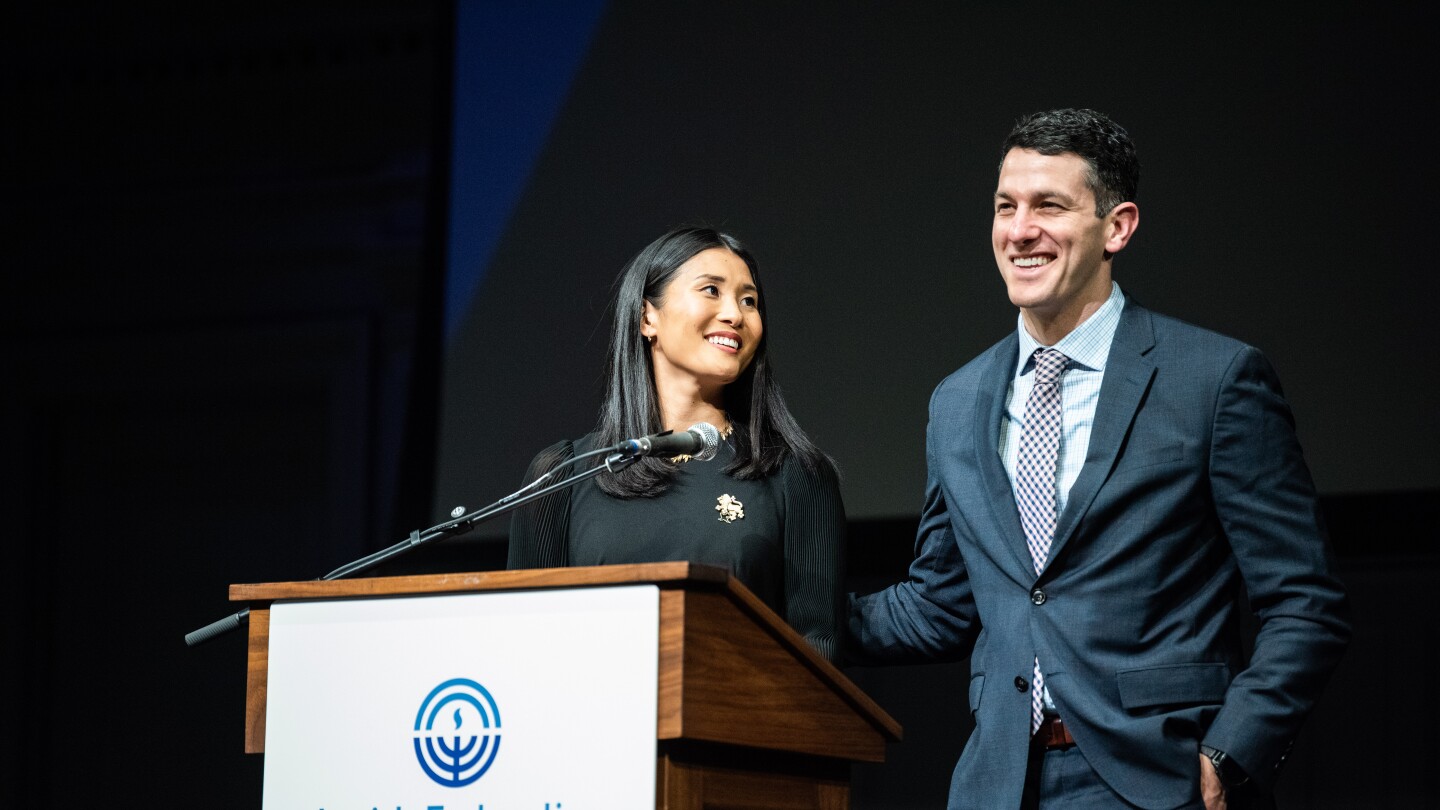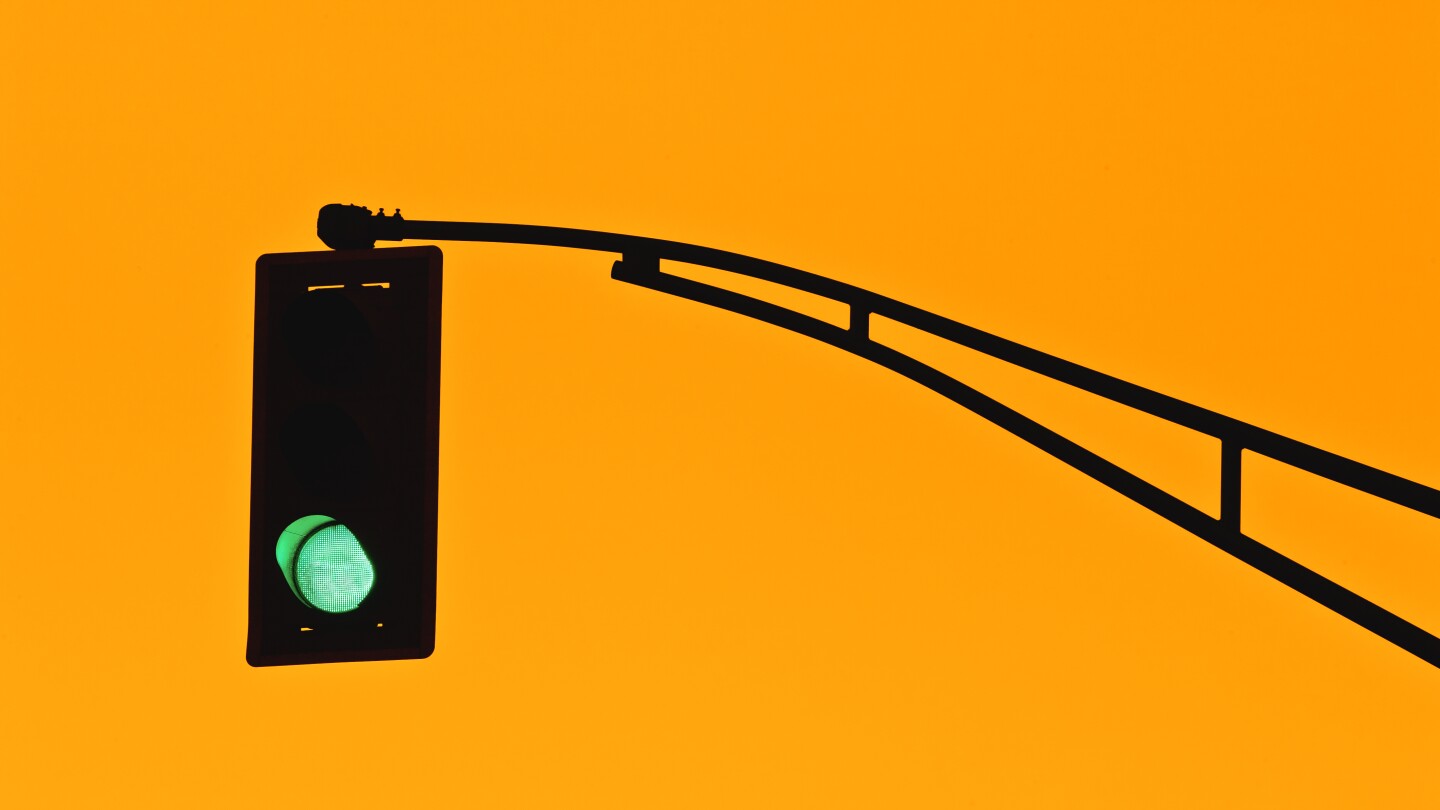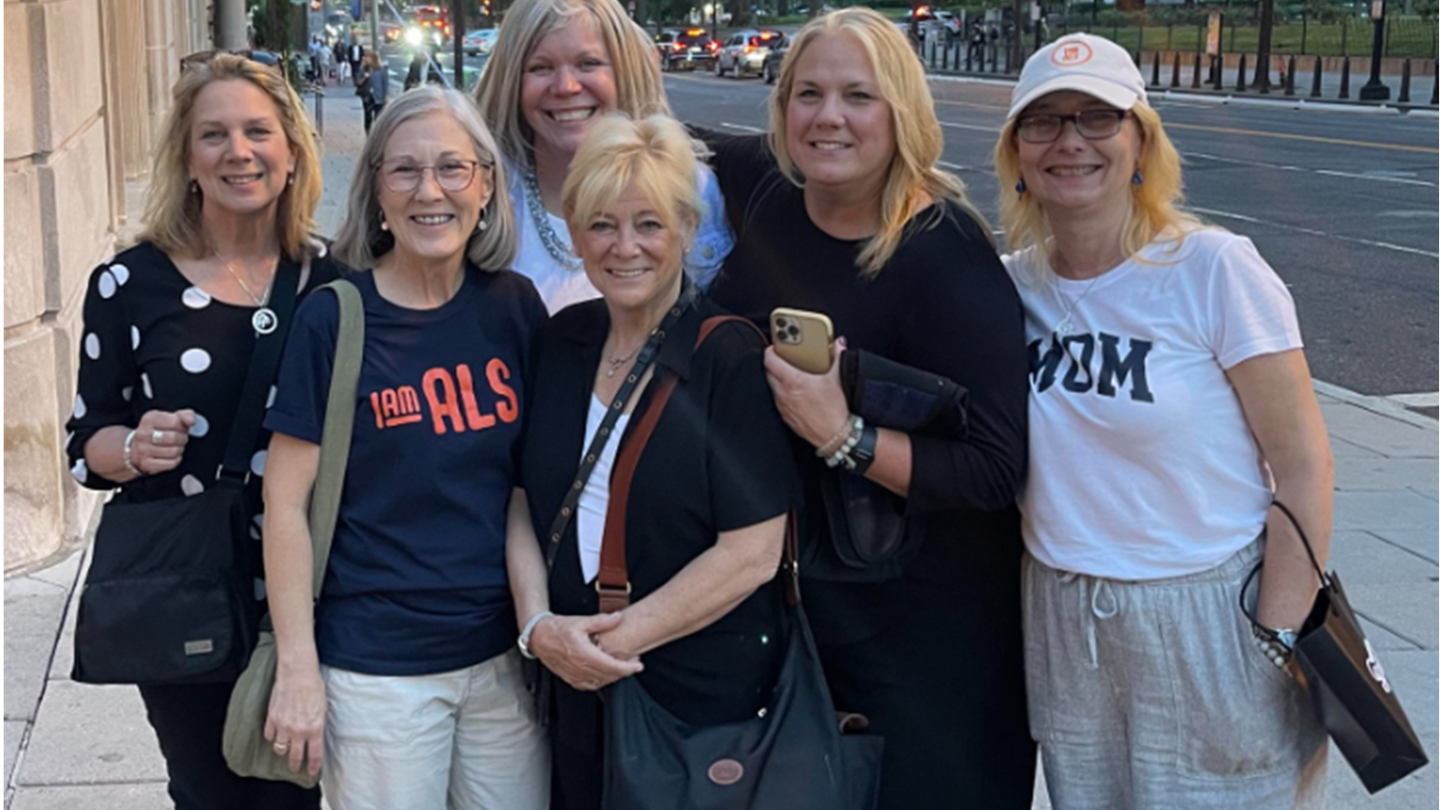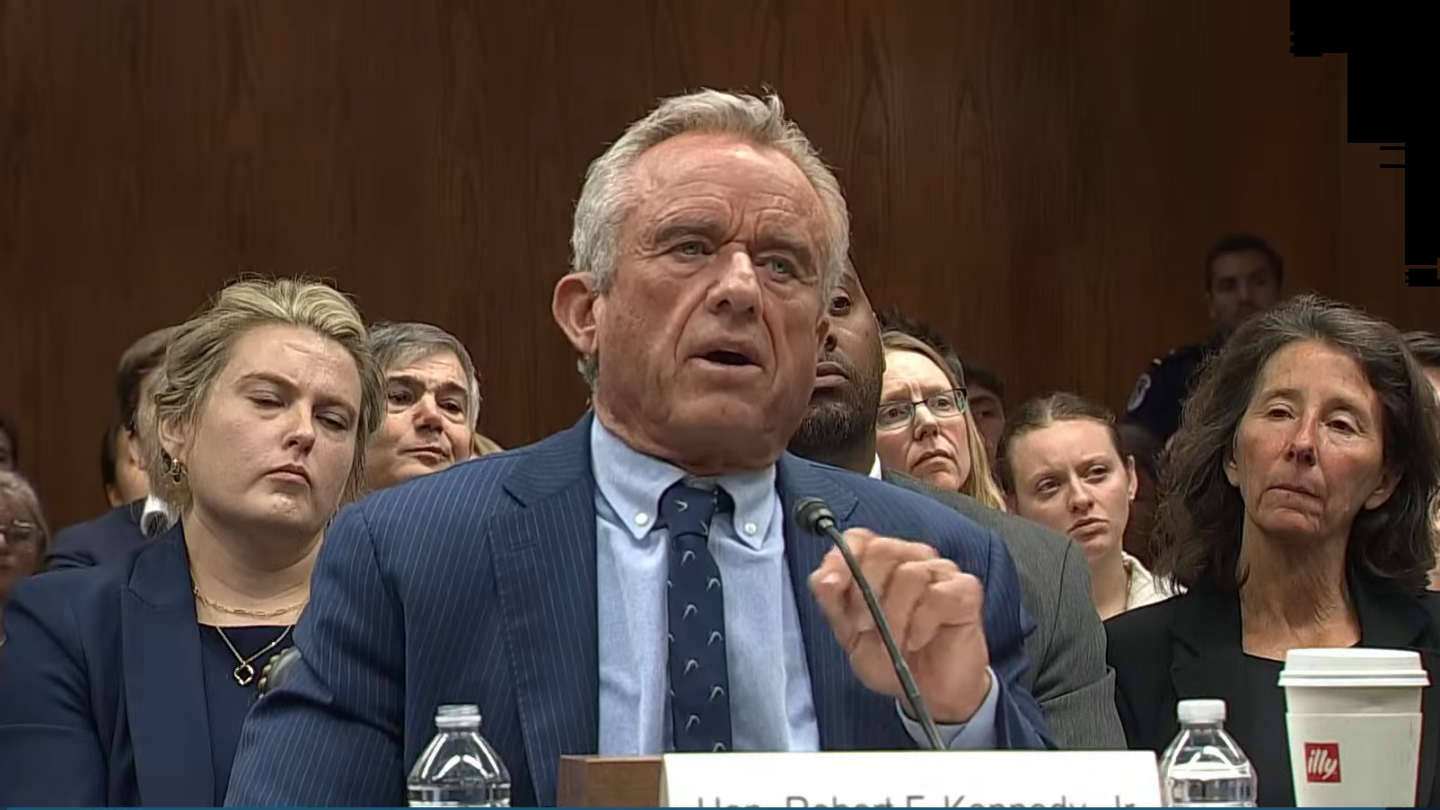ALS
In January, AbbVie and Calico’s fosigotifator failed to show significant signs of efficacy in the HEALEY ALS platform trial for amyotrophic lateral sclerosis.
The BioSpace 40 Under 40 winner opens up about his very personal career transformation from wealth management to biotech—and what it’s like to develop a drug for amyotrophic lateral sclerosis and frontotemporal dementia as a potential patient himself.
Bristol Myers Squibb and insitro first partnered in 2020 to develop induced pluripotent stem cell models of amyotrophic lateral sclerosis and frontotemporal dementia. Last December, BMS exercised its option for an ALS target.
The hold was placed earlier this year when the FDA asked for more preclinical data, but the agency was slow to respond due to ‘strain’ on its capacity, according to Neurizon.
After a demoralizing period punctuated by the withdrawal of one of the few marketed therapies for ALS, investment in new biotechs, state-backed collaborative initiatives and buzz at BIO2025 suggest a new day in drug development for one of medicine’s most intractable diseases.
Participants in trials of BrainStorm Cell Therapeutics’ NurOwn filed a Citizens’ Petition with the FDA earlier this month seeking a new review of the stem cell therapy that was rejected in 2022 based on real-world data and 90% survival in an expanded access program.
BrainStorm Cell Therapeutics issued a statement Tuesday supporting a Citizens’ Petition submitted to the FDA requesting the approval of its cell therapy NurOwn, whose BLA was withdrawn in 2023. A Phase IIIb trial was scheduled to begin last month.
Analysts at Truist Securities called the mid-stage data a “mixed bag,” also flagging gastrointestinal adverse events. However, the readout is unlikely to be “incremental” to Corcept’s overall stock narrative.
After a tense exchange, Senator Patty Murray (D-WA) told Kennedy that by implementing sweeping cuts to the HHS, he is “enacting his budget,” which “Congress has not passed.”
The Alchemab deal will further strengthen Lilly’s early-stage pipeline for amyotrophic lateral sclerosis, coming less than a year after the pharma licensed QurAlis’ antisense oligonucleotide to correct a specific protein alteration in ALS.
PRESS RELEASES










